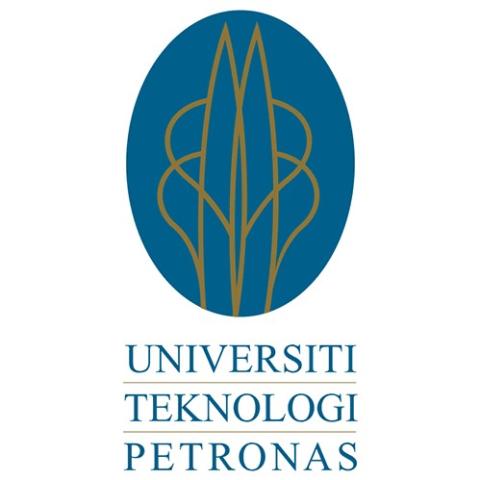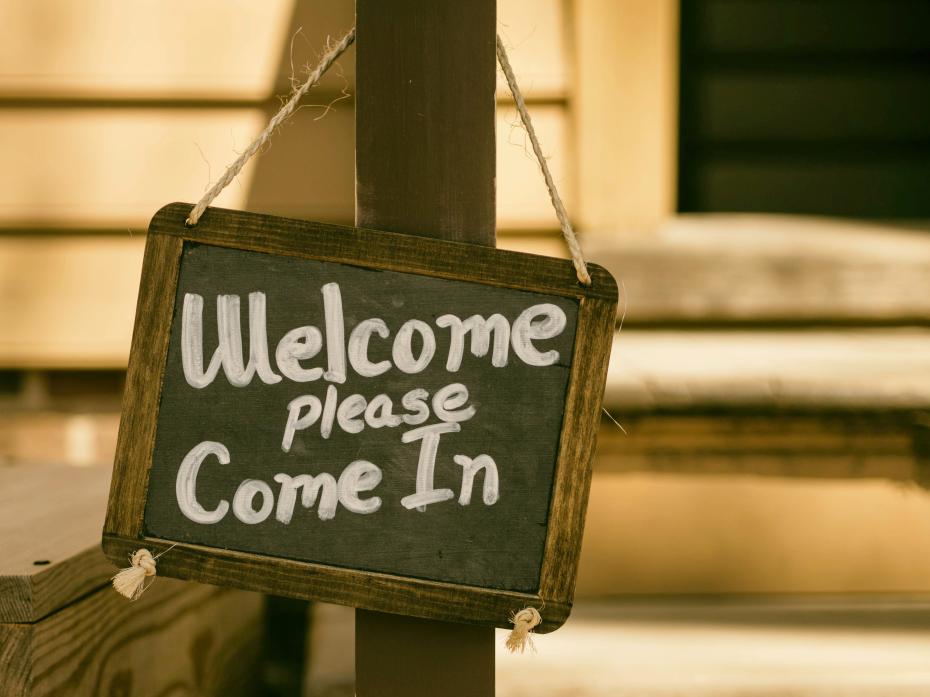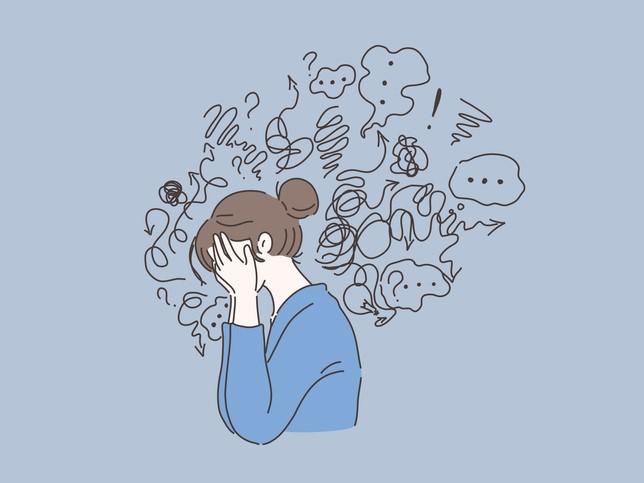
We need to empathise with the students of today to shape the minds of tomorrow
Are today’s students too disrespectful and aggressive to be taught? Azlan B. Ahmad offers his advice on dealing with Gen Z
Educators in higher education frequently encounter difficulties when engaging with the young people of today. Even schoolteachers are finding their Generation Z pupils uninterested and sometimes aggressive in their approach to learning.
Modern students are perceived by their educators to lack respect and, when expressing concerns directly, can come across as rude. They’re also seen as weak and overly dependent, needing to be spoon-fed information. The question is, are the students of today able to develop the growth mindset required for success in academia?
- Do you speak Gen Z or are you a noob?
- Generation Z presents new challenges for medical education
- Catering to Gen Z’s needs: creating a flexible and adaptable education programme
Exploring influences
These behavioural patterns might be down to the upbringing and peer interactions of students today. The exposure to unfiltered information through the internet and social media has left them ill-equipped to discern between constructive and detrimental influences. They also haven’t been properly guided through this digital landscape and have had to find their own way to navigate it.
Redefine your perspective
However, we need to adopt a positive outlook when addressing these challenges. Instead of viewing students’ behaviour as negative, educators should consider it as potentially adaptive for the future. Recognising that we cannot predict or dictate the course of their lives, we must refrain from imposing our preconceived notions of what is best for them. Instead we should focus on facilitating their learning to the best of our abilities.
Foster respectful dialogue
While addressing issues of rudeness and lack of respect, acknowledge that today’s students possess a commendable ability to voice their opinions freely. This new-found assertiveness should be seen as a positive development, albeit one that requires guidance in effective communication and respectful interaction. Educators should take pride in nurturing these skills, serving as mentors who teach students how to articulate their thoughts respectfully.
See it from their side
Educators have to maintain composure and refrain from reacting negatively to perceived slights. Taking the time to understand students’ perspectives can lead to better solutions and foster a more harmonious learning environment. By reframing our perceptions and embracing the diverse perspectives of our students, we can pave the way for meaningful engagement and mutual respect.
Also, make an effort to familiarise yourself with the trends and interests of your students. While it may feel uncomfortable to step out of our comfort zones, speaking their language and understanding their cultural references can facilitate smoother communication. When students perceive that educators are making an effort to connect with them on their level, it fosters a sense of mutual understanding and breaks down communication barriers.
Find time in your schedule to socialise with students or keep up with them on social media. Make sure you know what’s trending and what news items are important to them. Learn to accept the differences between you and your students, because being too rigid can create gaps in communication.
While challenges may abound in engaging with the current generation of students, adopting a positive and empathetic approach can lead to transformative outcomes for both educators and learners alike. By recognising the strengths inherent in students and guiding them with patience and understanding, educators can empower them to navigate the complexities of the modern world with confidence and resilience.
Azlan B. Ahmad is a senior lecturer in the integrated engineering department at Universiti Teknologi Petronas.
If you would like advice and insight from academics and university staff delivered direct to your inbox each week, sign up for the Campus newsletter.




